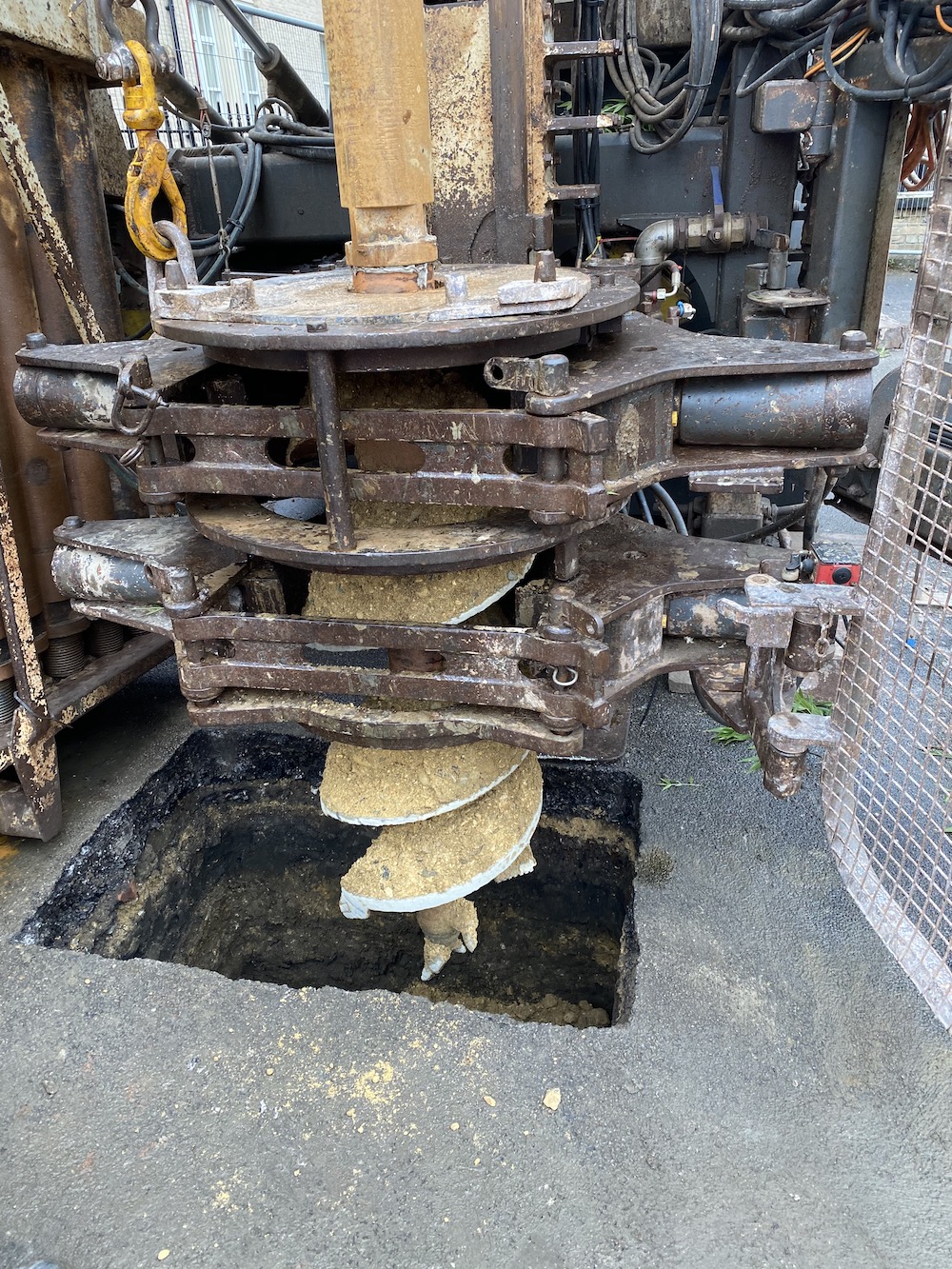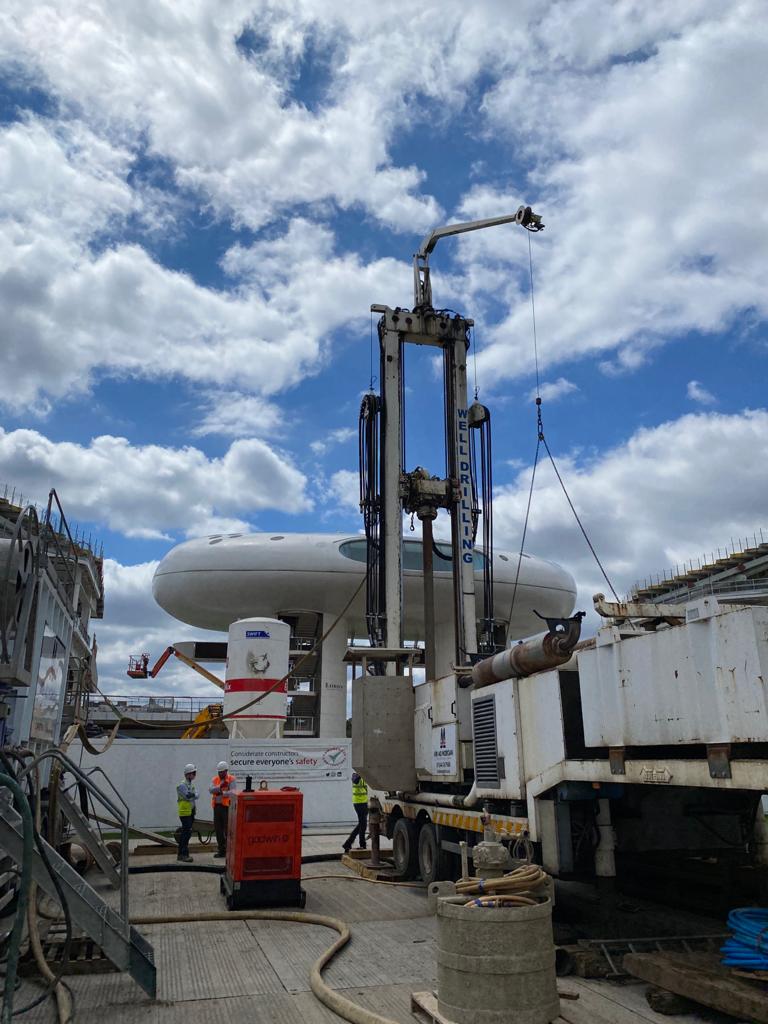Helping Britain’s councils reduce carbon emissions
News in the UK seems to be permanently bleak, but there is one positive fact to cling to. Whilst few countries are on track to achieve a net-zero-carbon energy system, we’re much further along the journey than most. Underpinning many of Britain’s finest achievements are its forward-thinking councils.
Oxford City is the latest in a long, positive line of councils advancing their commitment to reducing carbon emissions. Having partnered with Willmott Dixon, they’re planning to decarbonise leisure facilities.
If you’re interested in doing the same or exploring additional ideas to cut emissions, we have some ideas to share which will help you reduce your carbon footprint. The ideas flow from the following experience:
- How we supported Durham County Council’s leisure-sector-green-energy-transition
- Why South Tyneside Council is working with us to progress their decarbonisation ambitions
- When we delivered on decarbonisation with Crystal Leisure in Stourbridge via the installation of an open loop heating system…
As a council, you can cut both the financial and carbon burdens you carry with the following ideas – and if you would like advice and support personalised to your own city or region, please do contact us for a no obligation conversation, we’d love to hear your plans.
Diversify into district heating
Three quarters of the energy needed to heat and cool buildings across Europe still comes from fossil fuels. Although there is a growing utilisation of renewable energy sources, councils in the UK can advance the rapidity of progress through the use of sustainable, green district schemes.
In Hebburn for example, the council is investing in a district heating scheme for its own tenants. Whereas in London, the council supported Berkeley Homes’ plans to install district heating for a new private estate.
So, whether you have council owned buildings or you’re signing off and supporting the development of new property, you can advance your commitment to becoming a low/zero-carbon council by reducing building emissions and committing to district heating solutions.
What is district heating?
District heating is simply an energy distribution network. The solution has both environmental and economic benefits, and in each of the aforementioned cases, the scheme reduced the dependency on fossil fuels by harnessing geothermal energy.
Go green with geothermal energy
By using an open-loop ground source district heating solution, clean green energy is taken from water below the earth’s surface. The natural geothermal energy in the water is upgraded with a heat pump and used to heat homes, offices, leisure centres – even hospitals.
We employed this technique when we helped both Durham Council and Stourport’s Crystal Leisure with heating leisure facilities. They saved significant money and slashed their carbon footprint our open loop solutions.
The carbon reduction on the Durham project was even more remarkable as the water boreholes we drilled were into abandoned coal mine workings.
Low carbon from coal?
Abandoned mine workings in the UK contain an estimated two billion cubic metres of water. If heat corresponding to just a 4-degree Centigrade temperature drop was removed from this volume of otherwise useless water and upgraded with a heat pump, over half a million homes would be heated with no negative environmental impact at all.
This same approach to delivering heat is now being used in Hebburn. We’re drilling into the mine workings there for the council – creating a low carbon legacy from coal.
Repurpose and reduce your carbon footprint further
Drilling boreholes to access geothermal energy involves the installation of steel casing – which in itself is not perfect for the environment. However, there is a way to offset even this impact through the utilisation of repurposed steel.
Rather than undermine the carbon offset by manufacturing new steel casing, we recycle and repurpose assets enabling our clients to reduce their carbon footprint further. This reduction is tangible and certifiable. For a client in Scunthorpe, we’ll be saving 150 tonnes of carbon by using repurposed assets later this year.
Words of warning
Extracting heat from water is sustainable and green. Contaminating aquifers or the uncontrolled exploitation of artesian pressure is the direct opposite. Both are risks councils could face. To offset both, ensure your bore-holing contractors utilise biodegradable oil in their equipment to protect aquifers, and make sure they not only survey your site but have experience dealing with complex ground conditions including artesian aquifers.
The last thing you want when you’re committing to reduce your environmental impact is the Environment Agency being upset with you!
Can we help you reduce your carbon footprint?
Not only are many of the UK’s councils clients of ours, the Environment Agency is too! Therefore, we’re ideally placed to discuss your city or region, the challenges you face and the options you have. And we would be pleased to advance your ambitions – please contact us for a conversation, and let’s move this agenda forward: 01544 267 980
Other articles of interest

Reinjection borehole at Lord's
A team from Igne worked on site at Lord’s cricket ground in London; they drilling a new reinjection borehole for an open loop ground source heating system.

Installing open loop ground source heating for a leisure centre
Energy is one of the highest costs faced by leisure centres, and Crystal Leisure Centre in Stourbridge faced an additional challenge too. As their primary energy source was gas, this didn’t suit their environmentally conscientious approach to operations.


